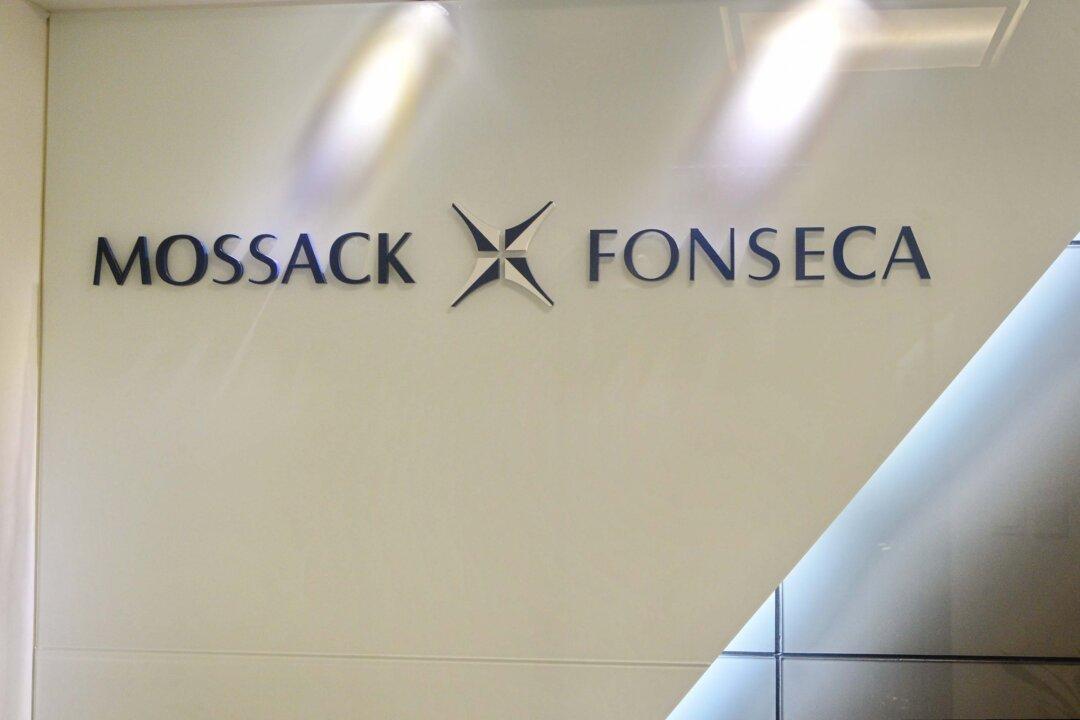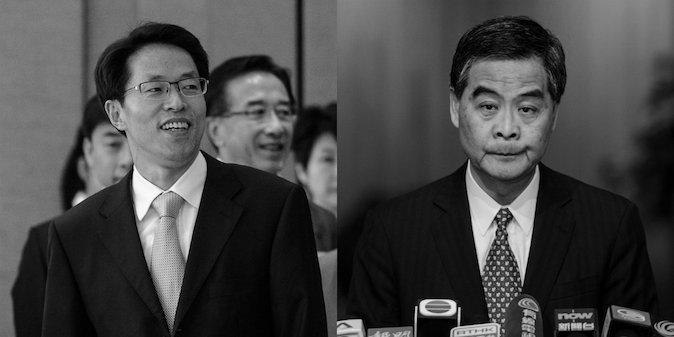HONG KONG—Hong Kong has long been known as an international money-laundering hub, especially for mainland China.
According to the Panama Papers, Hong Kong has 2,212 intermediaries (including banks, law firms, and accountants), surpassing the United Kingdom and Switzerland as the region with the most offshore companies. Hong Kong is also the region with the most active clients—37,675 in total—in terms of the number of offshore company incorporations.
The Associated Press reported last month that China has become an international money-laundering hub, and most of the money first came to Hong Kong.
According to the FBI, the fraud has cost thousands of companies, many of which are U.S. companies, US$1.8 billion in just over two years through China and Hong Kong.
Liu Jianchao, deputy director of the National Bureau of Corruption Prevention, said during China’s annual political meetings, the “Two Sessions,” that corrupt mainland officials are using Hong Kong as a channel to launder money. According to an internal source in the Central Commission for Discipline Inspection (CCDI), 90 percent of the money is laundered in Hong Kong.
How money is channelled in and out of Hong Kong will be one of the focuses of the investigation.
After the Panama Papers came to light, former vice-chairman of the Central Military Commission Guo Boxiong was reported to have pleaded guilty and been handed over to prosecutors. Guo was found to have taken bribes worth US$12.3 million and been involved in money laundering.
A woman born in the 1990s was reported to have laundered billions of dollars for the faction of former Chinese Communist Party leader Jiang Zemin and former vice-chairman of the Central Military Commission Xu Caihou’s family through various banks in Hong Kong.
The Panama Papers released by the International Consortium of Investigative Journalists (ICIJ) date back to a year ago, when an anonymous informant released the information to the German newspaper Süddeutsche Zeitung. The latter coordinated with the ICIJ to work with more than 400 reporters from 100 media organizations across 80 countries to analyse the 11.5 million files.
As more data is revealed, more companies and people in Hong Kong will be implicated.
Translated by Su Lin. Edited by Sally Appert.




